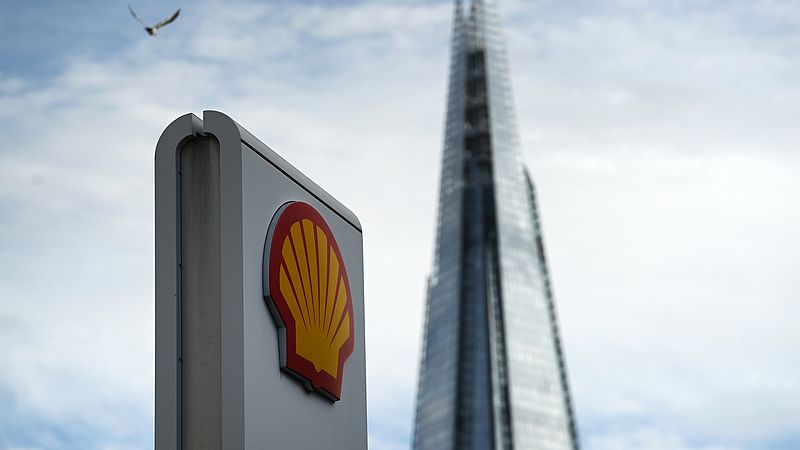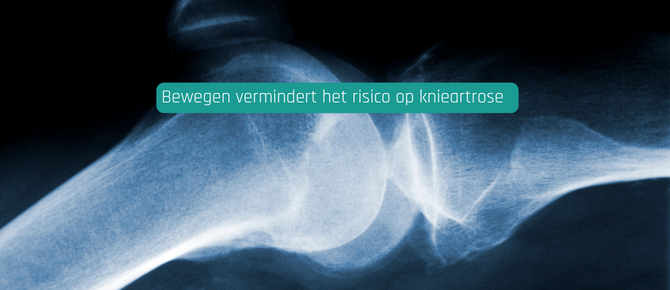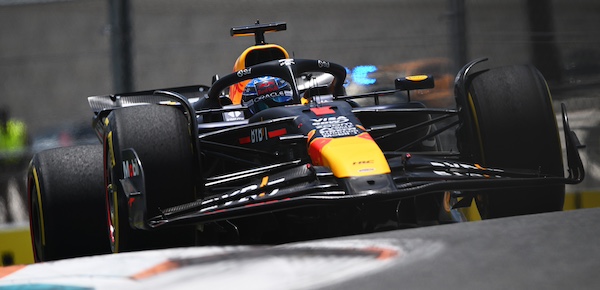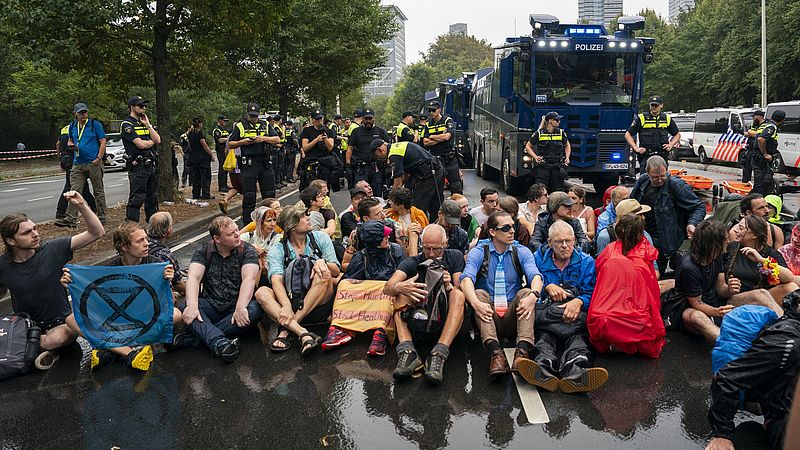Climate activists have occupied the A12 for days to get their message out: the government must stop subsidizing fossil fuels. We asked you what you need to know about these subsidies.
Energy Economics Professor Machel Mulder from the University of Groningen answers your questions.
1. What are fossil subsidies?
First, Mulder explains that these are not real subsidies. “It is not a flow of money from the government to a company. It is actually ‘so-called subsidies’, because it involves lower taxes. There is a difference in the amount of taxes that large users, or industry, pay on their energy consumption” compared to small users or households.
Mulder says citizens pay a lot of taxes on electricity, gas and gasoline. “Large users pay much lower taxes on their energy consumption. This difference in tax rate is called subsidy by the environmental movement. According to them, the government can impose a higher tax on energy consumption by large users.”
The exact number of large companies paying taxes varies widely, Mulder says. “Many factors play a role. But for example: a household pays approximately 50 cents per cubic meter of gas, and large users pay 4 to 5 cents.”
There are also customs duty exemptions for aviation, Mulder continues. “When we fly, airlines pay almost no taxes on kerosene. There is a kind of environmental tax on aviation, but they are also very low.”
2. Who gets these tax benefits and why?
Key users are greenhouse horticulturists, large manufacturers like Tata Steel and Chemours, but also KLM for example, Mulder says. The professor explains that the reason for the low tax rate is related to international competition.
“Take greenhouse horticulture, for example. This sector pays much lower gas taxes than households in the Netherlands. If not, Dutch greenhouse horticulture would not be able to compete with horticulture, for example, in southern Europe.” He says.
“The Netherlands is very cold. If you want to grow products like peppers and tomatoes here, you simply have to heat them a lot. So, if the tax is much higher on gas, the possibility of it collapsing is much greater.”
3. How do fossil fuel subsidies affect our daily lives?
If companies have to pay higher taxes on their energy consumption, that will affect the price, Mulder says. Then we will have to pay more for certain products. “Take tomatoes, for example. If taxes on the greenhouse horticulture sector are increased, our tomatoes will become more expensive. Or we will have to source them from other countries, which also comes at a high price,” Mulder concludes.
The same goes for flying. The professor says airlines pay almost no taxes on kerosene. “If this tax is increased, airline tickets will become much more expensive for consumers.”
See also
4. How can it only now become clear that between 39.7 and 46.4 billion per year in fossil subsidies are distributed to that industry?
Mulder explains that this is partly due to the calculation method and because more sectors are taken into account. “People have also made some comments about this. It’s a calculation where the amount families pay is the benchmark.”
“But rates for small users have risen sharply in recent years. In 2021, households still paid €0.35 per cubic meter for natural gas, rising this year to €0.49 per cubic metre. For electricity, rates rose from €0.09 per kilowatt per hour to approximately € 0.13. Prices also rose for large users, but in absolute terms much less: for example, the price of gas rose from € 0.01 to € 0.04, a four-fold increase.
“It is also assumed that if you increase the tax rate on large users, they will continue to produce in the same way,” he says. “But that is not realistic.” “If you increase the tax rate sharply, many of these companies will produce in the same way. The government may then not receive taxes from those companies at all.”
5. Why is The Hague reluctant to address these subsidies?
Mulder says this is partly due to competitive influences. “It’s an ongoing debate for years. 30 years ago, there was extensive debate about the design of energy taxes and whether there should be a difference between tax benefits in different sectors.”
It is true that some companies have lobbied and been very influential, as Mulder knows. “For example, they said: ‘We have such an important position in the international market that we cannot impose high tax rates.’ Think of energy-intensive industries, such as metal and chemical companies.”
“In addition, employment is taken into account, and international agreements on taxation have been concluded,” he continues. “Dutch policy simply cannot change that.”
See also
6. What have other EU countries done on this issue? Have fuel subsidies been canceled there?
“All countries give lower taxes to companies that compete internationally. They are not very different from the Netherlands in this regard. If they did not do this, they would take themselves out of the market,” Mulder knows. “But a number of countries, especially in northern and western Europe, have relatively strict environmental policies.”
For example, there are high tax rates on energy use. Especially for families. But this certainly also applies to the Netherlands, Mulder says. “The Netherlands even has the highest energy tax imposed on households across Europe. On average, the energy tax is 61 percent of household energy costs. The EU average is less than 40 percent.”
The difference between the tax rates imposed on small users and those imposed on large users in the Netherlands is approximately equal to the European average difference. However, in Denmark and Portugal, for example, this difference is much larger and in Sweden and Luxembourg smaller. Such fossil subsidies are offered in all countries, but they are provided relatively largely in the Netherlands because taxes on households are very high.
Einvandag asks
This article contains answers to questions submitted via EenVandaag Askt. With EenVandaag Askt, you will have an impact on what we make. Would you like to join? Then download the EenVandaag survey app, go to Settings and turn on notifications for EenVandaag requests. You’ll find the questions and answers under “Participation.” EenVandaag’s Polling app can be downloaded for free App Store or play store.
Asks? Ask them!
Do you have any questions or would like answers? Send us a message here in the chat.

“Total coffee specialist. Hardcore reader. Incurable music scholar. Web guru. Freelance troublemaker. Problem solver. Travel trailblazer.”







More Stories
Shell does not fulfill agreements and focuses again on fossil fuels: “Shareholders must intervene”
27 more bankruptcies in the Antwerp region
The real estate and construction sector warns of an unprecedented housing crisis: “Affordable housing will soon become impossible.”